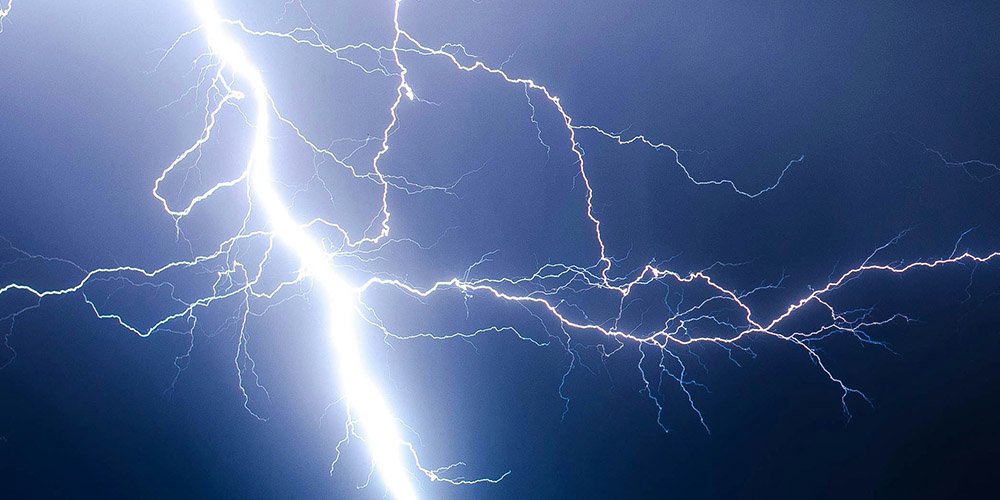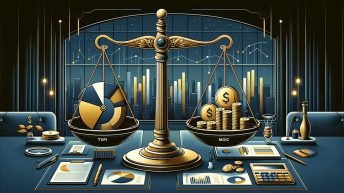The complex relationship between Peter Thiel and Elon Musk, two of Silicon Valley’s most prominent figures, has captivated the tech world for decades. Their history stretches back to the early 2000s, when they merged their online banking companies—PayPal and X. Despite their collaborative efforts, their relationship has seen many ups and downs, marked by significant moments of conflict and reconciliation.
The recent biography “The Contrarian: Peter Thiel and Silicon Valley’s Pursuit of Power,” by Max Chafkin, delves into the intricacies of their partnership and the underlying tensions that have shaped their journey.
Contrasting Personalities
Peter Thiel and Elon Musk are polar opposites in many ways, with distinct personalities that often clash. Musk is known for his outgoing demeanor, bold ambitions, and penchant for risk-taking. He thrives on innovation and isn’t afraid to take significant chances to pursue his goals. On the other hand, Thiel is more reserved and introverted, preferring a cautious approach that minimizes risk and maintains a level of secrecy, even among close friends.
These contrasting traits contribute to a fundamental skepticism between the two. A source close to both men revealed that Musk views Thiel as “a sociopath,” while Thiel considers Musk to be “a fraud.” Thiel’s wariness of Musk’s impulsiveness and Musk’s perception of Thiel as overly conservative underscore the complex dynamic that defines their relationship. Despite these differences, they have managed to collaborate on several ventures, albeit with varying degrees of success and cooperation.

Notable Incidents and Conflicts
One of the earliest signs of tension between Peter Thiel and Elon Musk came shortly after the PayPal-X merger in 2000. During this period, Musk was known for his high-risk behavior, and this was exemplified when he crashed his $1 million McLaren F1 sports car while Thiel was in the passenger seat.
Musk was showing off the car’s acceleration to Thiel and other potential investors when he lost control, sending the vehicle flying into the air. Although neither was injured, the incident left a lasting impression on Thiel, who viewed Musk’s recklessness as a liability. This perception would contribute to the growing rift between the two.
Another significant event that marked their relationship was the PayPal-X merger. Thiel, who was concerned about the financial stability of PayPal, agreed to merge with Musk’s company, X, to create a more robust entity. However, while Musk became the CEO, Thiel strategically placed his allies—known as the “PayPal Mafia”—in key positions, ensuring he had control over crucial decisions.
This move was a precursor to the coup that would eventually oust Musk as PayPal’s CEO while he was on his honeymoon. Thiel’s confidantes, frustrated with Musk’s leadership, threatened to quit if Thiel wasn’t made CEO, forcing the board to act. The coup created a deep sense of mistrust between Musk and Thiel, which would persist for years.
Despite their conflicts, Musk and Thiel share some common ground. Both have ties to South Africa: Musk was born and raised there, leaving for college in North America, while Thiel’s family lived in South Africa for a few years during his childhood. This shared background gave them a unique perspective on the world and a drive to succeed.
However, their academic paths diverged. Musk pursued physics at Stanford University, but he dropped out to start Zip2, an early online business directory that was akin to the Yellow Pages. In contrast, Thiel studied law at Stanford, aiming for a prestigious Supreme Court clerkship. After failing to secure the clerkship, Thiel shifted his focus to entrepreneurship, which eventually led to his involvement with PayPal.
These divergent paths contributed to their contrasting approaches to business and innovation, with Musk favoring bold ventures and Thiel adopting a more calculated strategy. Despite their shared beginnings, these differences would continue to shape their complex relationship.

Tensions Over Tesla and Climate Change
The strained relationship between Peter Thiel and Elon Musk was further exacerbated by their differing views on climate change and clean energy. When Musk was seeking investors for Tesla, his electric vehicle company, Thiel declined to invest, partly due to his skepticism about the urgency of addressing climate change. Musk, a strong advocate for renewable energy, saw Thiel’s refusal as a significant blow, contributing to their growing estrangement.
Musk’s reaction to Thiel’s rejection was typical of his intense response to setbacks—he took it personally. This refusal to invest not only underscored their differing perspectives on technology and the environment but also served as another point of contention in their relationship. The tension caused by Thiel’s decision not to support Tesla made future collaborations between the two more challenging, further complicating their dynamic.
Collaboration in SpaceX
Despite their strained relationship, Thiel played a pivotal role in helping Musk’s aerospace company, SpaceX, during a critical period. After a series of failed rocket launches in 2008, SpaceX was on the brink of collapse. Thiel, recognizing the potential of the venture, reluctantly invested $20 million to keep the company afloat. This support was crucial for SpaceX’s survival, allowing it to continue operations and eventually succeed in launching rockets into orbit.
Thiel’s investment in SpaceX, despite his reluctance, demonstrated a pragmatic side to his business approach. Although he had reservations about Musk’s risky behavior, he understood the potential of the space industry and the need to support innovative ventures. This collaborative effort, even amid tension, contributed to SpaceX’s success and served as a reminder that the complex relationship between Thiel and Musk had moments of cooperation amid the conflict.
Conclusion
The relationship between Peter Thiel and Elon Musk is a fascinating study in contrast, marked by a blend of competition and collaboration. From their early days at PayPal to their subsequent ventures, the two have experienced significant ups and downs. While their contrasting personalities often led to disagreements and strained relations, they also found common ground in their shared entrepreneurial spirit.
The combination of Thiel’s cautious, calculated approach and Musk’s bold, risk-taking style created a dynamic that both fueled and challenged their partnership. Their interactions over the years reflect the complexities of working relationships in the high-stakes world of Silicon Valley, where personal differences can impact business decisions.
Ultimately, the story of Thiel and Musk illustrates the delicate balance between ambition and pragmatism, reminding us that even in the most challenging relationships, collaboration can lead to remarkable achievements. Their journey serves as a testament to the enduring spirit of entrepreneurship and the unpredictability of the tech industry’s human dynamics.








Add comment